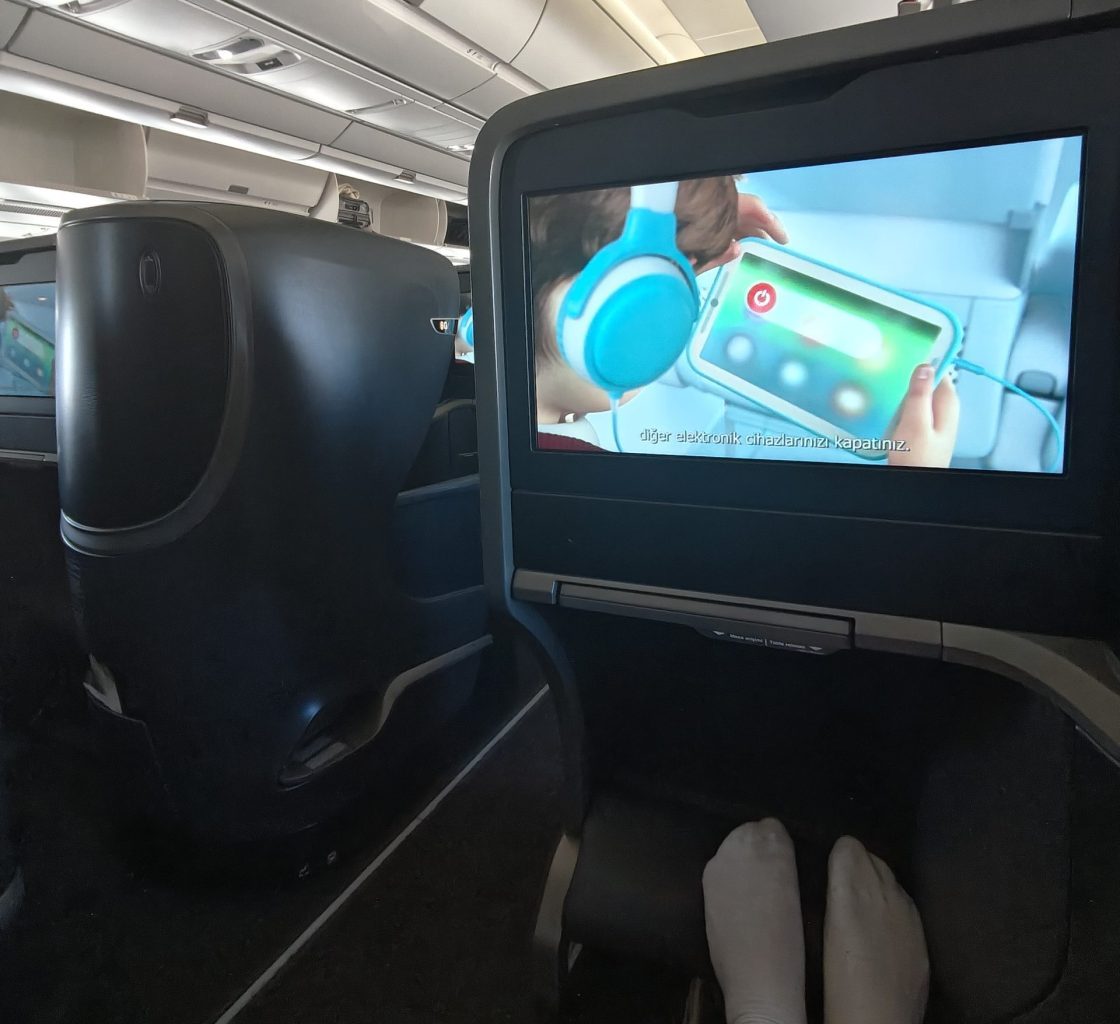Frequent travel across time zones can seriously mess up your internal clock – one day you’re brunching in Paris, the next you’re awake at 3 a.m. in Tokyo wondering if it’s too early for ordering sushi. Temporary sleep disorder, commonly known as jet lag, is the unwanted travel companion that shows up uninvited, wrecks your sleep, steals your focus, and makes you wonder if it’s ever bedtime.
Jet lag manifests through several physical and mental symptoms. Common signs you’ve got caught:
- You’re exhausted at all times
- You feel general discomfort or malaise (you feel absolutely…off)
- Difficulty falling asleep or waking up at the appropriate time
- You’ve got a headache
- You’re cranky
- Your muscles feel like you did a Hyrox workout yesterday, but you’ve just boarded a plane
If you’re experiencing these symptoms after traveling, your internal body clock may be struggling to adapt to the new time zone. Some experienced travelers know a few effective techniques to help lower the impact of jet lag. And if it hits you hard, there are science-based strategies to help your body bounce back.
1. Shift Your Bedtime Before You Fly
One of the most effective ways to prepare for a new time zone is to adjust your bedtime in advance. Several days before your trip, try going to bed and waking up 30–60 minutes earlier or later each day, depending on whether you need to adjust.
2. Manage Light Exposure
Light is the most powerful factor in regulating your circadian rhythms. Try to increase your exposure to natural sunlight during the hours you’ll be active in your destination time zone. In contrast, reduce light exposure when you are supposed to be preparing to sleep.
What could help:
- Going outside in the morning and getting sunlight when you’re adapting to an earlier schedule
- Using blackout curtains in the evening or putting on sunglasses or blue light glasses when you’re outside to help yourself fall asleep earlier
In addition to light exposure, healthy eating and social activity are also important in synchronising circadian rhythms. For example, eating a full meal at 1 AM in your new time zone may confuse your brain and digestion system.
3. Practice a Good Sleep Routine
Once you’ve landed and are trying to get your internal clock to behave, your bedtime routine becomes your secret weapon. A few small changes can make a big difference – try this bedtime to-do list:
- Avoid screens (phones, tablets, laptops) 1–2 hours before bed – sorry new series
- Limit coffee and alcohol in the evening
- Make your room sleep-friendly: keep it quiet, cool, and dark
- Use a sleep mask and earplugs to block out noise and unexpected sunrise
Darkness stimulates the production of melatonin, the body’s natural sleep hormone. Melatonin levels rise in response to darkness and fall in the presence of bright light. Here are some places for dark travel and good wearables for tracking your sleep.
4. Melatonin: Yes or No?
Good news: melatonin isn’t just trendy, it’s science-approved.
According to Mayo Clinic in the United States, melatonin has been widely studied as a treatment for jet lag and has shown really good benefits for improving sleep during periods when your brain thinks it should be party time instead.
The U.S National Library of Medicine states:
“Melatonin is remarkably effective in preventing or reducing jet lag, and occasional short‐term use appears to be safe. It should be recommended by medical providers to adult travellers flying across five or more time zones, particularly in an easterly direction, and especially if they have experienced jet lag on previous journeys.”
So scientific evidence supports the use of melatonin as a reliable aid in reducing or preventing jet lag. If used appropriately, melatonin tells your internal clock: “Time to power down! We go to bed, my friend.”
5. Move It or Snooze It
Feeling sleepy at 6 p.m. in London and thinking about a quick 15-minute nap? Don’t give in. Instead, try to stay active: go for a walk, do some stretching or enjoy a light workout. Moving around helps you stay awake and pushes your bedtime to more suitable hours, making it easier for your body to adjust to the new time zone.
If you travel often, jet lag is kind of part of the deal.
But the good news?
You don’t have to suffer through it every time. With a bit of planning, some smart habits, and a little help from sunshine (and maybe melatonin), you can help your body adjust faster.
Once you understand how your internal clock ticks, you’ll be much better at keeping your sleep on track, even while regularly switching time zones.










